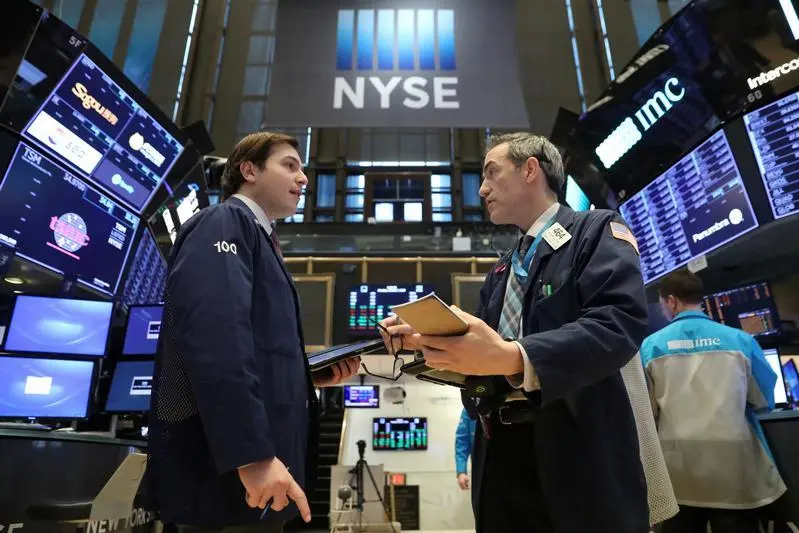PHOTO
DALLAS - What’s the cost of the U.S. shutdown for businesses? Delta Air Lines has taken a guess: $25 million of revenue for every month the government stays closed. Big deal. Like the market plunge that hit bank earnings in the last financial quarter, the shutdown has high visibility but little lasting impact. Investors are focused on risks that are bigger and harder to visualize.
The government funding hiatus that began 26 days ago hits Delta in three ways, according to Chief Executive Edward Bastian. Fewer government workers fly, new planes get held back, and longer security lines can frustrate travelers. But the potential real losses amount to less than 0.05 percent of the company’s 2019 estimated revenue. Even if government travel stopped completely, it would take out just around 1 percent of what the company should bring in, JPMorgan estimates. Rival airline United Continental Holdings said Wednesday that the impact wasn’t yet “significant.”
If shocks don’t recur, investors can remain calm – even when the impact looks severe. Goldman Sachs, Citigroup and JPMorgan all reported dramatic falls in their fixed-income trading revenue this week, caused by the sharp fall in markets at the end of last year. The Wall Street banks’ shares climbed anyway – and most of them say conditions have improved again. Investors aren’t pricing in the idea that these kinds of swings will become the norm.
Delta’s stock held up, too, perhaps in part because while bigger issues abound, they aren’t immediate. Delta nodded to risks due to Brexit and the U.S. relationship with China, which Bastian said was causing some “trade and travel concerns”. But ultimately analysts are worried about airlines having more seats than fliers, and that happens after a longer slowdown. Banks too worry about a broader downturn, but they don’t see it coming. JPMorgan’s Jamie Dimon told analysts on Tuesday that credit conditions are “pristine.”
It's possible that one-offs could contribute to a lingering decline, such as a shutdown that goes on so long that it dampens consumer confidence. But investors seem pretty resilient when it comes to market wobbles and political dysfunction. As for the real risks – say, the longer term impact of trade tariffs on businesses and the extensive lending that has happened outside of the banking system – investors will have to look for less obvious warning signs.
CONTEXT NEWS
- Delta Air Lines said on Jan. 15 that the partial government shutdown will cost $25 million per month as government workers reduce travel. The U.S. airline also reported earnings the same day, saying that it earned $1.30 per share in the fourth quarter, after stripping out one-offs such as gains and losses from investments, above the $1.27 per share expected by analysts.
- The same day, United Continental Holdings, the parent company of United Airlines, said that fourth-quarter earnings rose to $2.41 a share from $1.44 a year earlier on a comparable basis, beating analyst estimates.
(Editing by John Foley and Martin Langfield)
© Reuters News 2019





















